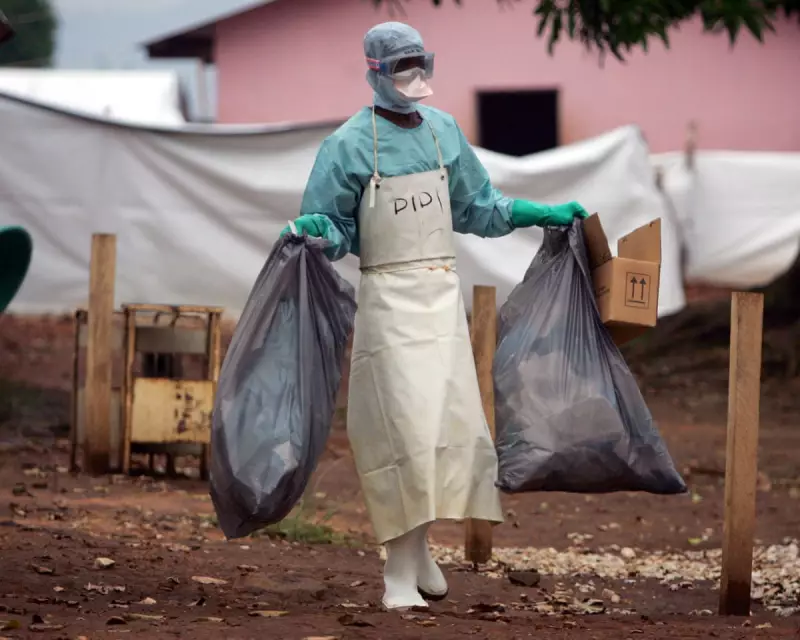
Deadly Marburg Virus Confirmed in Southern Ethiopia
Health authorities in Ethiopia have officially confirmed an outbreak of the highly lethal Marburg virus in the southern part of the country. The Africa Centres for Disease Control and Prevention (Africa CDC) announced the development, signalling a serious new public health crisis in the region.
Symptoms and Transmission of the Virus
The Marburg virus disease (MVD) is one of the world's most dangerous pathogens, closely related to Ebola. It presents with severe symptoms including high fever, extensive bleeding, vomiting, and diarrhoea. The virus has an incubation period of up to 21 days and is transmitted through direct contact with infected body fluids. Alarmingly, the fatality rate for Marburg virus infections ranges from 25% to 80%, making rapid containment critical.
Urgent Response and Regional Concerns
The head of the World Health Organization, Dr Tedros Adhanom Ghebreyesus, who is from Ethiopia, confirmed on Friday that at least nine cases had been detected in the southern Jinka area. This confirmation came just two days after the Africa CDC was first alerted to a suspected haemorrhagic virus in the region. Ethiopia's National Reference Laboratory subsequently confirmed the presence of the Marburg virus. The Africa CDC has stated that the virus strain shows similarities to those previously found in East Africa, and further epidemiological investigations are ongoing.
Authorities have been praised for their swift action in confirming and attempting to contain the outbreak. The Africa CDC has pledged to work closely with Ethiopia to mount an effective response and to mitigate the risk of the virus spreading to neighbouring countries in East Africa. This outbreak follows recent epidemics in Tanzania and Rwanda. A Marburg virus epidemic in Tanzania killed 10 people earlier this year before being contained in March, while Rwanda reported its first known outbreak in December 2024, which resulted in 15 deaths.
Currently, there is no approved vaccine or specific antiviral treatment for the Marburg virus. Patient care focuses on supportive treatment, such as oral or intravenous rehydration and managing specific symptoms, which can improve survival odds. An experimental vaccine from the US-based Sabin Vaccine Institute was trialled in Rwanda last year, offering a glimmer of hope for future outbreaks.





